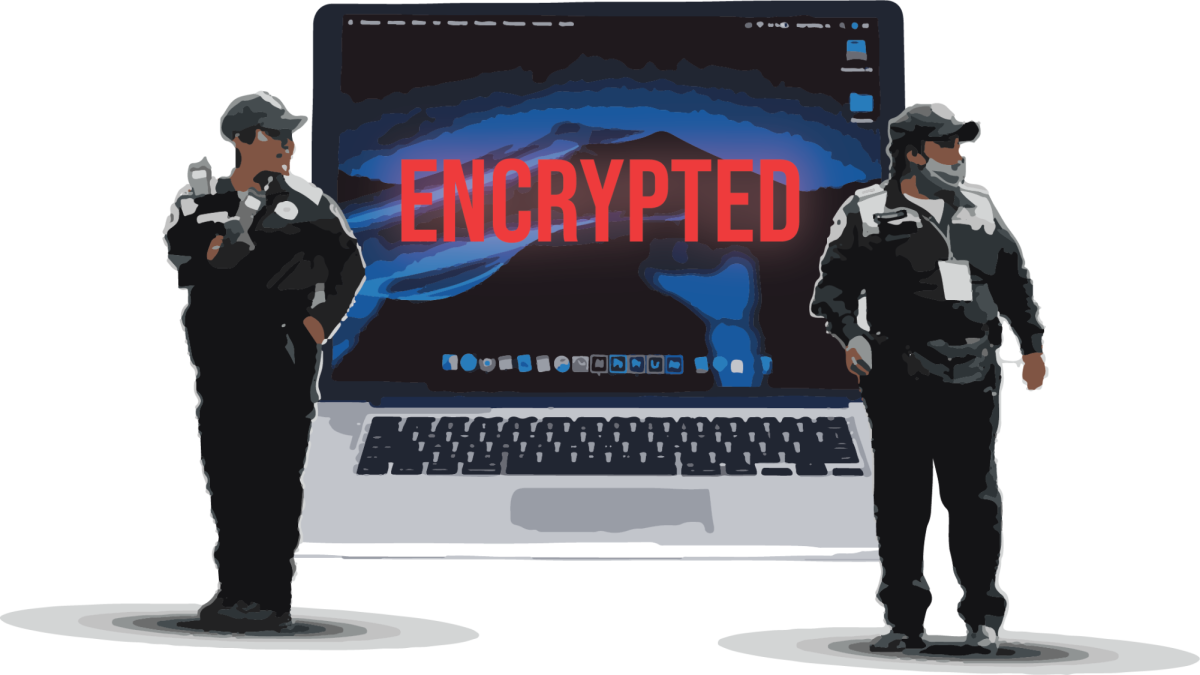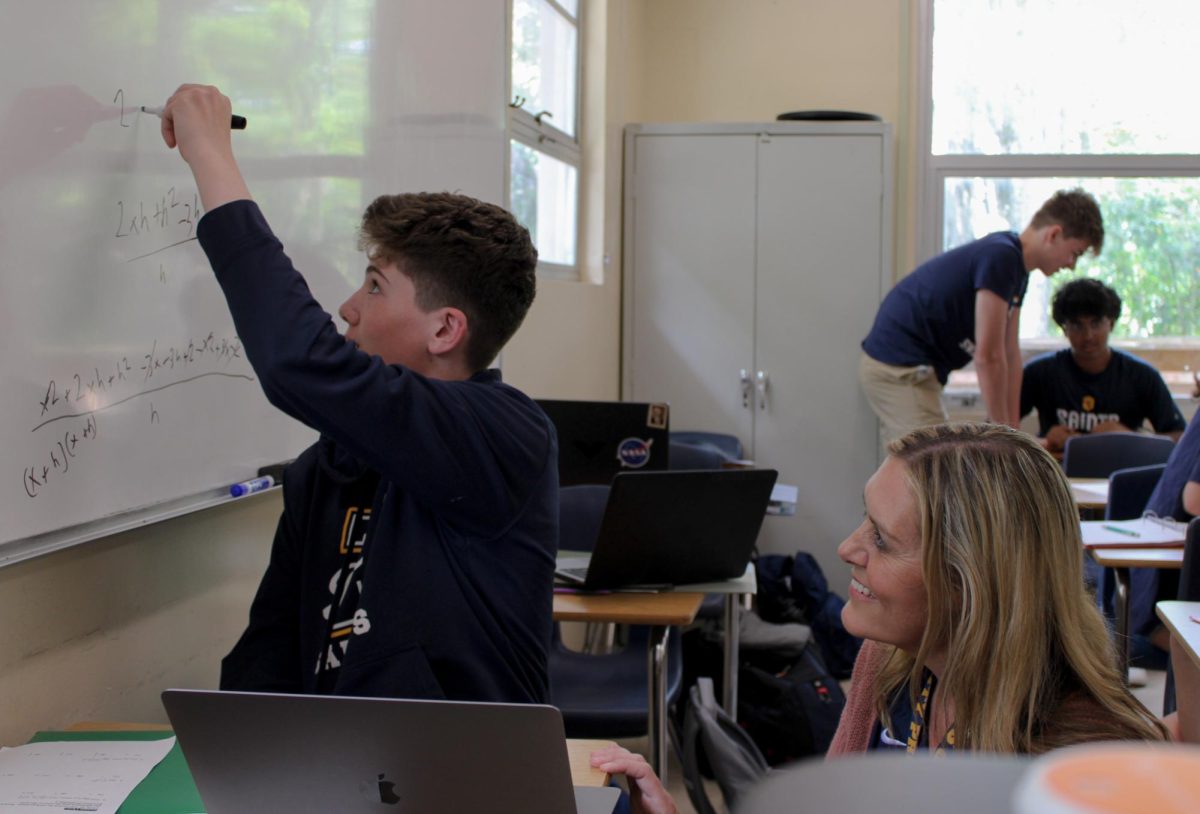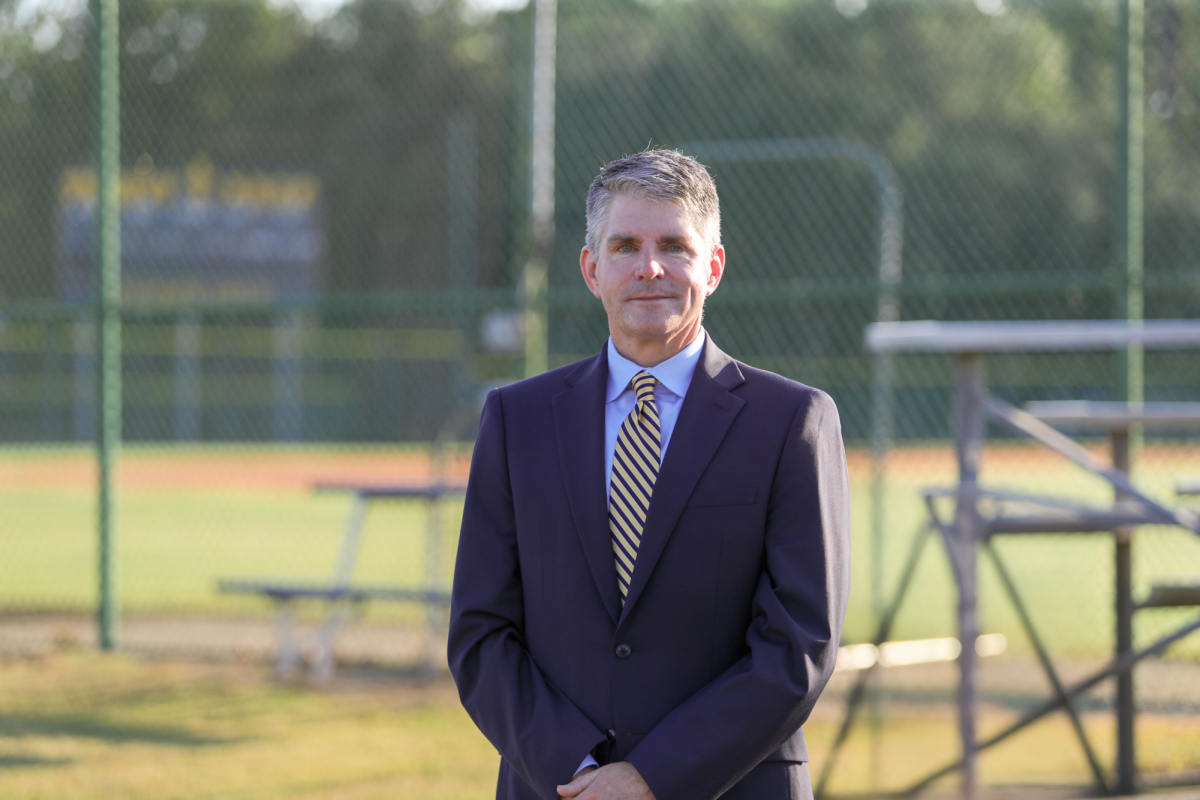According to a report by Duke University, as of 2022, more than 80 percent of U.S. companies indicate their systems have been successfully hacked in attempts at stealing and releasing private data. MGM Resorts, an international hotel and casino conglomerate, recently fell victim to such an attack, resulting in devastating financial losses. They announced on September 11 that a “cybersecurity issue” had been affecting its systems. This small concern quickly escalated, as its clients’ personal information was stolen and the company lost access to its platforms due to a ransomware attack.
Gillon Helman, Vice President of Engineering for Cyber Programs at CESI, explains how MGM lost control of their digital security and put tens of thousands of their clients’ privacies in danger.
“Basically, this company was transferring data in a non-secure way, so their cybersecurity was weak,” Helman said. “The hackers essentially locked the hotels out of their platforms, so none of their computer applications could authenticate anymore.”
Cybersecurity is not just relevant to large corporations and governments. A school like Trinity Prep that maintains private records of academic performance, medical and financial information is an attractive target for hackers.
“Schools are super important to safeguard information because what we’re doing is extremely personal,” Chief Technology Officer Alex Podchaski said. “Some of the information that we’re guarding is the information about who you are, things like your Social Security number, where you live, medical records, things that are uniquely you.”
Aside from the significant work going on in the background to block out hackers, Trinity also implements certain programs to educate the staff.
“Every faculty member, when they come in, has to take a basic training course on identifying what ransomware is and what phishing is, and then if they fail they have to take a remedial course,” Podchaski said. “Also, with October being cybersecurity month, I addressed the entire student body and had them change their Gmail passwords to make them more secure.”
Computer Science Teacher Susan Frederick values the importance of teaching students about how to protect themselves and their online data. She plans on making a new elective available to high school students next year to educate them about cybersecurity.
“Students at a young age tend to be more vulnerable because they’re just not fully aware of how easily it is to get hacked or get your information stolen,” Frederick said.
According to EdWeek Research Center, 91% of teachers and administrators report that their districts or schools don’t offer any form of cybersecurity education for students. Frederick emphasizes how necessary it is for students to learn to secure their data before becoming independent and going to college.
“As a student who is going off to college, you definitely want to make sure that your data is protected and can’t be hacked by anyone, especially other students,” Frederick said.
In an age where technology affords easier paths for malicious people to access and use your personal information, acquiring specific skills and an understanding of how to protect your data is paramount to digital safety.
“Our goal is to teach things like remembering that you have a computer that needs to get updated frequently so that it’s protected against other people breaking into it,” said Podchaski, who plans to instruct the class along with Mrs. Frederick. “All students need to know that the default way is not necessarily the right way if you want to be secure.”
Trinity is taking many precautions to protect our schools’ online safety. Podchaski highlights how cybersecurity is a priority for keeping students’ information private.
“The faculty and students at Trinity need to do whatever it takes to protect their online data, it’s really more important than most people realize,” Podchaski said.
















